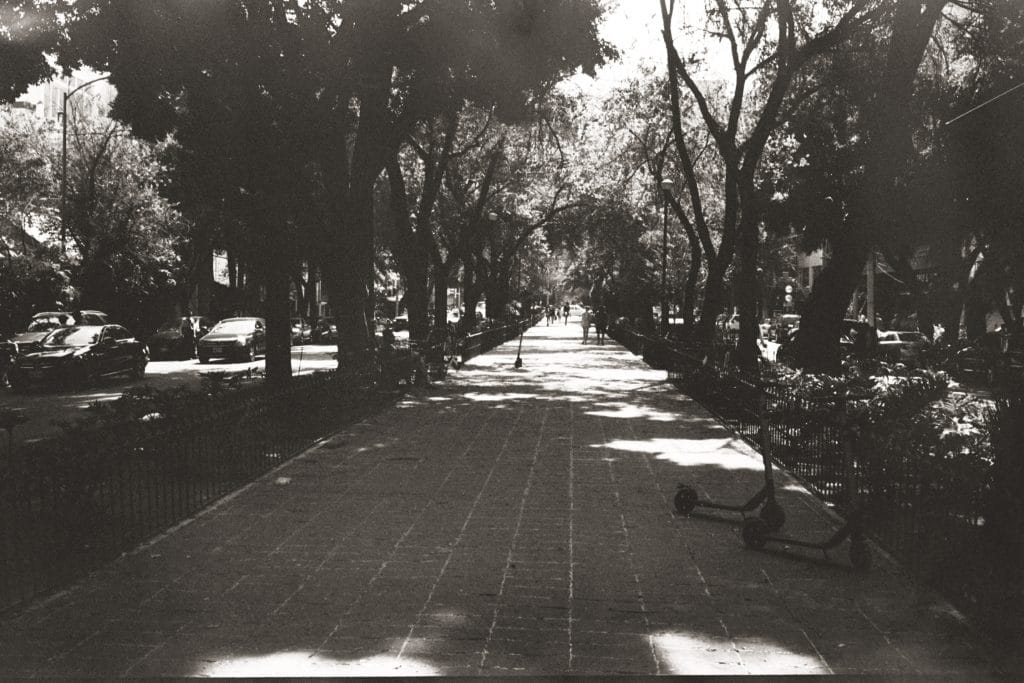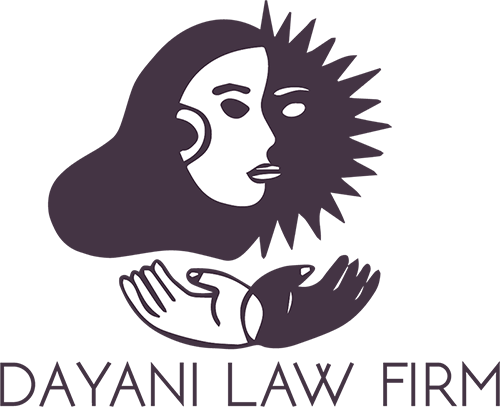
Know Your Rights When Stopped By Police
Part III: Protests
On the steps of the Lincoln Memorial in 1963, John Lewis cried out: “We must say, ‘Wake up, America! Wake up!’ For we cannot stop, and we will not and cannot be patient.”
The America that John Lewis addressed in 1963 is not so different from where we are in 2020. Violence and oppression against Black lives, indigenous lives, trans lives, and people of color persists, and Americans across our nation are using this moment to rise up and shout No more! We support our fellow protesters who believe that our country must do better.
Where and how can I protest?
- You have the right to free speech and to protest in all public forums, such as streets, sidewalks, and parks. You do not need a city permit to do so as long as you stay on the sidewalks, obey all traffic signals, and not block the walkways for others.
- If your protest requires blocking traffic or closing streets, using stereo equipment or gathering at a certain park or plaza you may need to apply for a permit, which you can usually do by contacting your city’s special events office. Note that if you are on private property, property owners can legally limit your right to protest or record.
- Also note that counter-protesters also have the right to protest, although police should work to keep the groups separate in order to avoid conflict.
Can I record police officers during a protest?
- During a protest you have the right to photograph or record videos on public property, including police activity. Currently in Portland, there are multiple reports that federal agents are arresting individuals at random and forcing protesters to stop filming. Know that officers cannot confiscate or demand to view your photos or videos without a warrant. They can, however, order you to stop any activities “that interfere with law enforcement.” Although this is vague, as long as you are not stopping the police from carrying out their duties, you are within your rights to record.
- If you do record a video, be aware that federal agents, police and prosecutors are scouring social media to find evidence of protester wrongdoing. If you post anything, make sure the recording is of police activity and not of fellow protesters. Police and prosecutors are searching for identifiable traits of protesters such as tattoos, birthmarks or obviously their faces. Cover up, mask up, and wear black. You can blur faces of your media using this Android app or this IOS App.
What if police officers have violated my rights?
- If you feel your rights have been violated, take note of everything you remember from the incident, including officers’ badge numbers, photos or videos from the incident, the harm suffered, and contact information from any possible witnesses. Gather all documentation and file a complaint with your local police agency. For more egregious police conduct, talk to a lawyer.
When can police end a protest?
- Police have the legal right to order protest dispersals if police believe there is a danger of riot, disorder or a clear threat to public safety. Before police may arrest or charge protesters for failing to comply, the police must announce in clear language the consequences of failing to disperse and must provide a clear exit path.
What if I am detained by police officers?
- If you are stopped by police but don’t know if you are under arrest or are merely being detained, ask police if you are free to leave the area. If you they say you are, calmly leave the area immediately.
- If you are arrested, remain calm and do not resist. Resisting an arrest or disobeying a police command may expose you to injury or even death. Leave the next steps to a trained attorney. Anything you say to police will be used against you.
- Invoke your right to remain silent, decline any searches, and ask to talk an attorney immediately.
Check out the rest of our Know Your Rights series: Part I, our general rules for interacting with police and Part II, what to do when pulled over in your car.
Stay safe out there and keep fighting the good fight. We’ve got your back.

Andre Dayani is lead criminal defense attorney at Dayani Law Firm. He offers free consultations and will fight for you after a criminal charge. Send him a message below or call directly for a consult at (206) 777-5627
